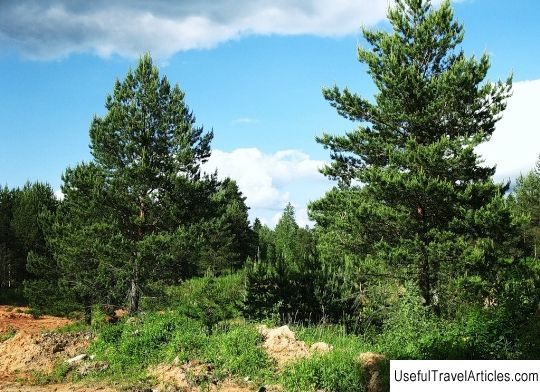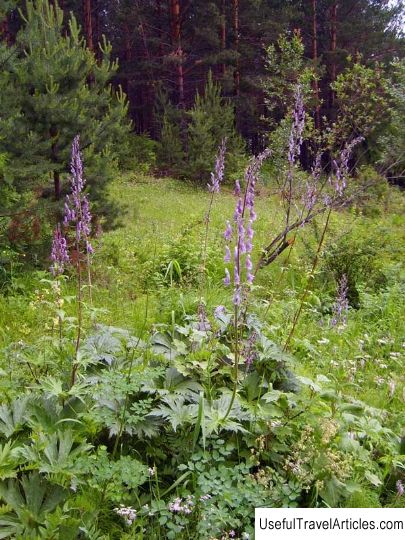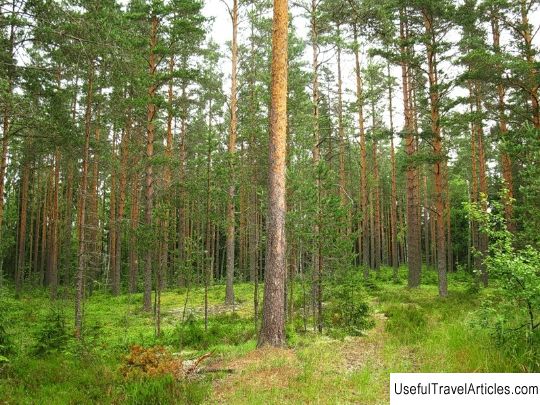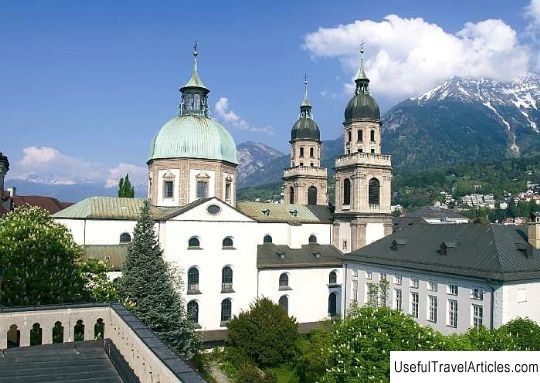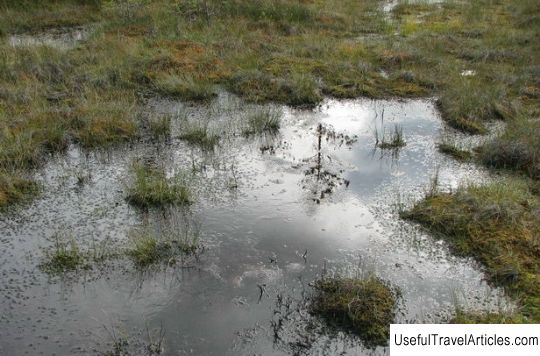Reserve ”Glebovskoe swamp” description and photos - Russia - Leningrad region: Gatchinsky district
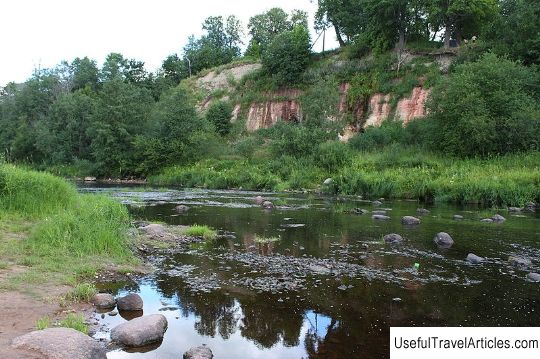
Nature reserve "Glebovskoe swamp" description and photo - Russia - Leningrad region: Gatchinsky district. Detailed information about the attraction. Description, photos and a map showing the nearest significant objects. Photo and description"Glebovskoe swamp" is a regional hydrological reserve located on the territory of the Gatchina, Tosno and Luga districts, between the settlements Dubovik, Porozhek and Konechki. The basis for the organization of the reserve was the decision of the Leningrad Oblast Executive Committee of March 29, 1976. The initiator was the V.L. Komarov Russian Academy of Sciences with the aim of protecting a typical raised bog, which is of water conservation and resource importance. Reapproval took place on December 26, 1996 by a decree of the Government of the Leningrad Region. The area of the reserve is 14,700 hectares, of which 7.7 sq. km is located on the territory of Gatchinsky, 5.9 sq. km - Tosno and 1.1 sq. km - Luga districts. The length of the bog massif is 20-22 km at the watershed of the Oredezh and Tosna rivers. Width - 5-7 km. There are 5 lakes in the swamp, including the rather large Black Lake (600 hectares). 7 streams flow out of the swamp, which flow into the Oredezh River and form the right tributary of the Tosna and Eglinka rivers. Lakes Glukhoe and Chernoe are connected by a channel. The depth of the lakes is 1-3 m, the bottom is covered with peat. There is almost no vegetation in the lakes, there are many rafters near the coast. The swamp is poorly forested, marshy, occupied to a greater extent by ridge-lake and ridge-hollow complexes. Bridges with swampy sphagnum pine forests separate them from each other. The vegetation cover is represented by abundant heather (to the east in the swamps it is absent), dwarf birch. The average depth of peat is 3.5 m. The narrow forest belt bordering the bog is represented by oxalis and blueberry spruce forests with a significant admixture of linden, oak, and elm. In some places, gray alderworms come across with flushing, reed birch and aspen forests, which appeared in place of spruce forests. The flora of the reserve is represented by 51 species of vascular plants, 10 species of brie mosses, 13 - sphagnum, 9 species of liver mosses and lichens. Cranberries, cloudberries, lingonberries, blueberries, blueberries grow in the swamp. Fauna in general is typical of raised bogs. Golden plover, gray crane, ptarmigan, black grouse nest here. In the forest strip adjacent to the bog, birds have been recorded: long-eared owl, long-tailed owl, black woodpecker. During migrations, diving and river ducks, gulls, waders stop on the lakes. Among mammals one can find here brown bear, wild boar, elk, fox, wolf, pine marten. The number of white hares is relatively high. Specially protected objects of the "Glebovskoe swamp" reserve include: hydrological complex of swamps, forest areas with broad-leaved species, current of black grouse; rare species of animals and plants: ptarmigan, gray crane, golden plover, dwarf birch. The protection regime of the reserve is aimed at prohibiting or limiting peat extraction, forest felling (in addition to sanitary), development of the area, organization of land reclamation, hunting for upland game and other economic activities that cause damage or harm to natural complexes. The picking of berries and mushrooms, excursions for schoolchildren and students, scientific work are allowed. The protection regime of the reserve is aimed at prohibiting or limiting the extraction of peat, forest felling (in addition to sanitary), building up the area, organizing reclamation work, hunting for upland game and other economic activities that cause damage or harm to natural complexes. The picking of berries and mushrooms, excursions for schoolchildren and students, scientific work are allowed. The protection regime of the reserve is aimed at prohibiting or limiting peat extraction, forest felling (in addition to sanitary), development of the area, organization of reclamation work, hunting for upland game and other economic activities that cause damage or harm to natural complexes. The picking of berries and mushrooms, excursions for schoolchildren and students, scientific work are allowed.      We also recommend reading Cathedral of St. Andrew the First-Called description and photo - Russia - Caucasus: Stavropol Topic: Reserve ”Glebovskoe swamp” description and photos - Russia - Leningrad region: Gatchinsky district. |
